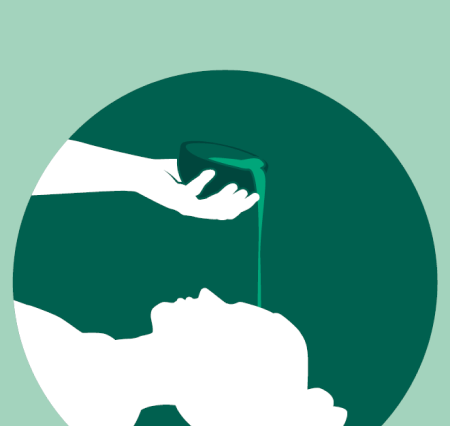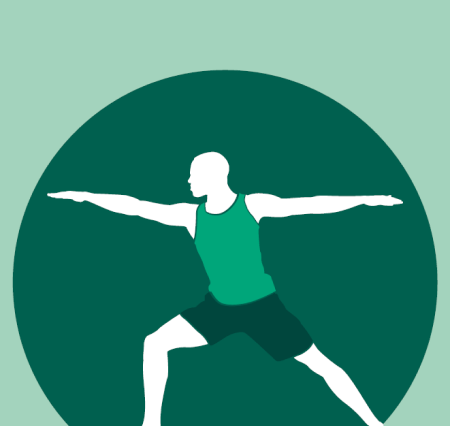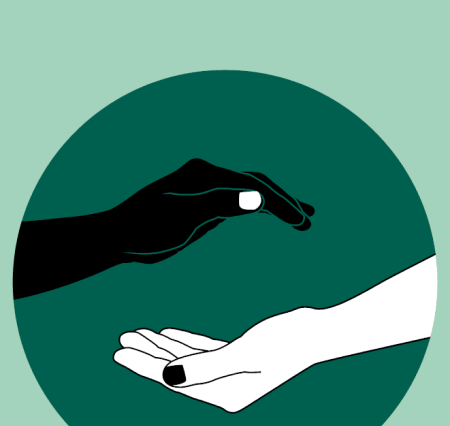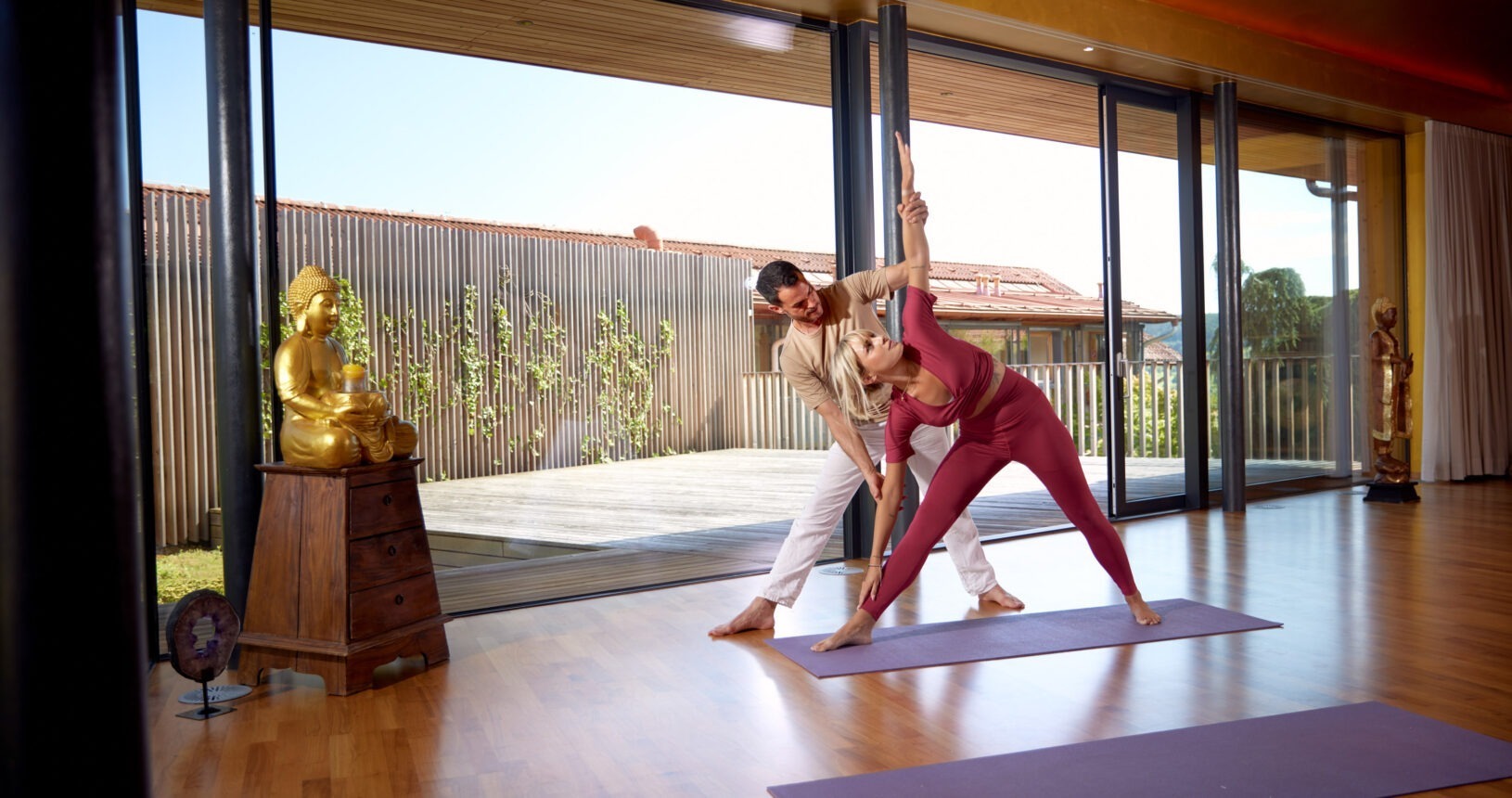NAMASTÉ - WELCOME TO
THE AYURVEDA RESORT MANDIRA
EXPERIENCE THE FASCINATING WORLD OF AYURVEDA
We, your hosts Christina and Andreas Drexler, cordially invite you to relax and recharge your batteries in our oasis in the picturesque Styrian hills. Your stay at the Ayurveda Resort Mandira is more than a weekend getaway in a hotel. We provide a holistic experience that brings body, mind and soul into harmony and balance. Mandira is a place of retreat where you'll rediscover holistic well-being. Your hosts, Christina & Andreas Drexler
OUR
PHILOSOPHY
AYURVEDA & BEYOND
A HOLISTIC EXPERIENCE
FOR YOUR HEALTH
At the Ayurveda Resort Mandira, we combine western medical expertise with modern Ayurvedic healing methods. Our team of experts, consisting of internationally renowned doctors, is always there for you. Our promise to you is to accompany you at all times before, during and after your stay - on your path to holistic health and long-term well-being.
THE ART OF SELF-LOVE
FOR COMPREHENSIVE HEALTH & FULFILLMENT
We firmly believe that the art of self-love is the foundation for physical and mental acceptance and healing - a path to inner strength and true fulfillment. For this reason, it is our goal to accompany you on your journey to holistic health and inner balance - because you love yourself.
YOUR INDIVIDUAL NEEDS
ARE OUR FOCUS
We offer tailor-made Ayurveda programs. They are designed in such a way that we can adapt them to your individual needs at any time. The treatments as part of your cure are individually adapted to your needs and wishes after an intensive anamnesis.
WHICH AYURVEDA TREATMENT IS THE RIGHT ONE FOR YOU?
PANCHAKARMA
Treatment
The Panchakarma treatment is a leading Ayurvedic healing method. It aims to eliminate toxins, regulate the metabolism and strengthen the immune system. It also supports the cleansing and regeneration of the digestive tract and weight loss.
MORE DETAILS
DETOX
treatment
The detox treatments according to our Ayurveda & Beyond philosophy are based on purification, intestinal cleansing and the regulation of the metabolism. You will feel physically and mentally refreshed.
MORE DETAILS
Longevity
treatment
Rasayana is considered to be an instrument for a long life. This Ayurvedic "rejuvenation cure" has a vitalizing effect on body and mind and protects the body from harmful influences and free radicals. For sustainable stress management and burnout prevention.
MORE DETAILS
Hormone Balance
treatment
In Ayurveda, midlife means the transition into the period of wisdom. The menopause is a particularly intense, creative and powerful stage of life. Our hormone balance cure provides women and men with helpful tools for a relaxed transition and change.
MORE DETAILS
YOGA
RETREAT
The retreats help you to find your balance and rediscover inner equilibrium. We combine breathwork, yoga, meditation and singing bowl visualization journeys to strengthen your harmony of yin and yang.
MORE DETAILS
THE STORY OF
THE AYURVEDA RESORT MANDIRA
The story of the Ayurveda Resort Mandira begins in Christina Drexler's (born Mauracher) childhood. She was enthusiastically introduced to the teachings of Ayurveda by her parents, who awakened in her a deep connection to the Ayurvedic art of healing. While studying business administration, she felt a strong urge to care for others, which led her to study Ayurvedic medicine alongside her career. She recognized the transformative power of Ayurveda and, together with her partner, Andreas Drexler, has therefore made it her mission to make this unique philosophy of life tangible via a resort.
This is how the Ayurveda Resort Mandira was created - a place that offers you a comprehensive reset for a fulfilled and holistic life.
You're still unsure which treatment is right for you?
Let us help you find out!

Get to know Ayurveda with
our dosha test
Doshas are three constitutional types/life energies that are present in every person. Use our Dosha test to find out which constitutional type is most pronounced in you and is the cause of physical and mental impairments. The balance of vital energies (the doshas Vata, Pitta and Kapha) is the key to health. After you take the test, we will send you a detailed evaluation, along with a recommendation for a suitable treatment, by e-mail.
FIND OUT HOW YOU CAN PREPARE FOR
YOUR PERSONAL TREATMENT AT MANDIRA
the guide to your ayurveda treatment
Do you have any
Questions or need advice?
We're happy to help!
YOUR STAY AT THE
Ayurveda Resort Mandira
At Ayurveda Resort Mandira, your retreat goes beyond mere relaxation—it’s a journey toward holistic renewal. Nestled in the rolling hills of Styria, our resort is a sanctuary where traditional Ayurvedic healing meets modern medical expertise. Our tailored programs, from Panchakarma and Detox to Longevity treatments, are designed to meet your individual needs, guiding you toward inner balance and lasting well-being. Let our team of experts care for you, indulge in nourishing Ayurvedic cuisine, and step into a world where body, mind, and soul come into perfect harmony.
OFFERS &
SERVICES
Discover our wide range of treatments aimed at regenerating and revitalizing your body, mind and soul. Focus on your healing and treat yourself to moments of relaxation. Enjoy Ayurvedic delicacies prepared from regional products in our Dosha restaurants.
OUR
ROOMS
You will experience your Ayurveda stay as a time of rest and relaxation in our spacious rooms, which are designed according to the principle of simplicity. They offer you a generous feel-good space. Surrounded by the soothing colors of Ayurveda and the natural beauty of the Styrian thermal spa region, you will find space for mental detoxification.
Ayurveda
Treatments
Our offer aims to harmonize mind and soul and promote your well-being.
Panchakarma Treatment.
Traditional Indian cleansing therapy for body and mind.
Detox Treatment
Detoxify your body and revitalize your mind.
Longevity Treatment
Promoting a long and fulfilling life through a holistic approach.
Hormone Balance Treatment
Specialized support and relief during the menopause.
Yoga Retreat
Relax and strengthen your inner harmony with yoga and meditation.
Sauna &
Thermal spa
Experience the unique holistic wellness offerings at Mandira Thermal Spa, where well-being is our top priority, especially in the area of Ayurveda wellness. Spread across 1,760 m², you'll find ample space for regeneration and relaxation. The thermal water of Bad Waltersdorf is recognized as a healing resource and offers numerous health benefits, including joint relief, skin firming, and strengthening of the circulatory system and immune defenses.
CUISINE
Enjoy the combination of Ayurvedic tradition and Styrian product quality in our Dosha restaurants. We value regional ingredients of the highest quality, because we firmly believe in the wisdom: 'You are what you eat'. Our cuisine is based on the basic principles of Ayurvedic nutrition to enhance your well-being and pamper your palate.
Don't want to miss anything? Subscribe to our Newsletter and receive the latest issues in your inbox every month
Our Promise
to our guests
YOUR PERSONAL SANCTUARY
Our team at Mandira will accompany you in an appreciative, respectful and discreet manner. It is our heartfelt desire to provide you with a personal retreat. As soon as you enter the Ayurveda Resort Mandira, you will feel the protective space - here, you can be who you are.
We're experts and know what we're doing

Christina
Drexler
Holistic Ayurveda Expert
Mastermind
Managing Director

B.A.M.S Akhil
Balachandran
Ayurveda Practician
Bachelor of Ayurvedic Medicine and Surgery
Holistic Ayurveda Expert
Yoga Instructor

Dr. Med. Alexandra
Koller
Specialist for integrative holistic medicine





















